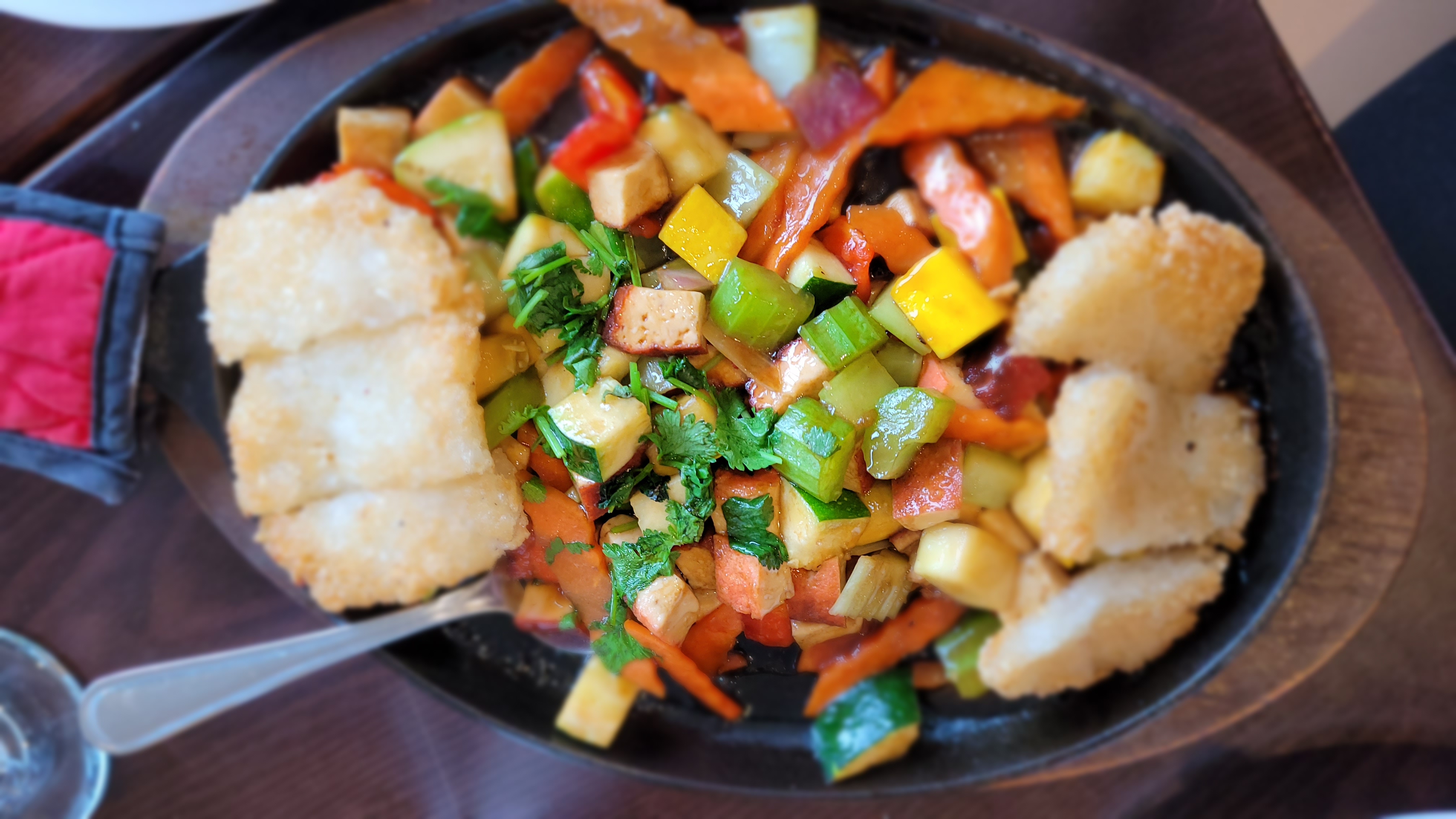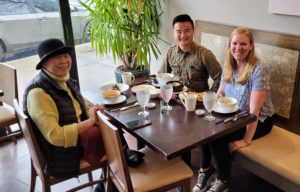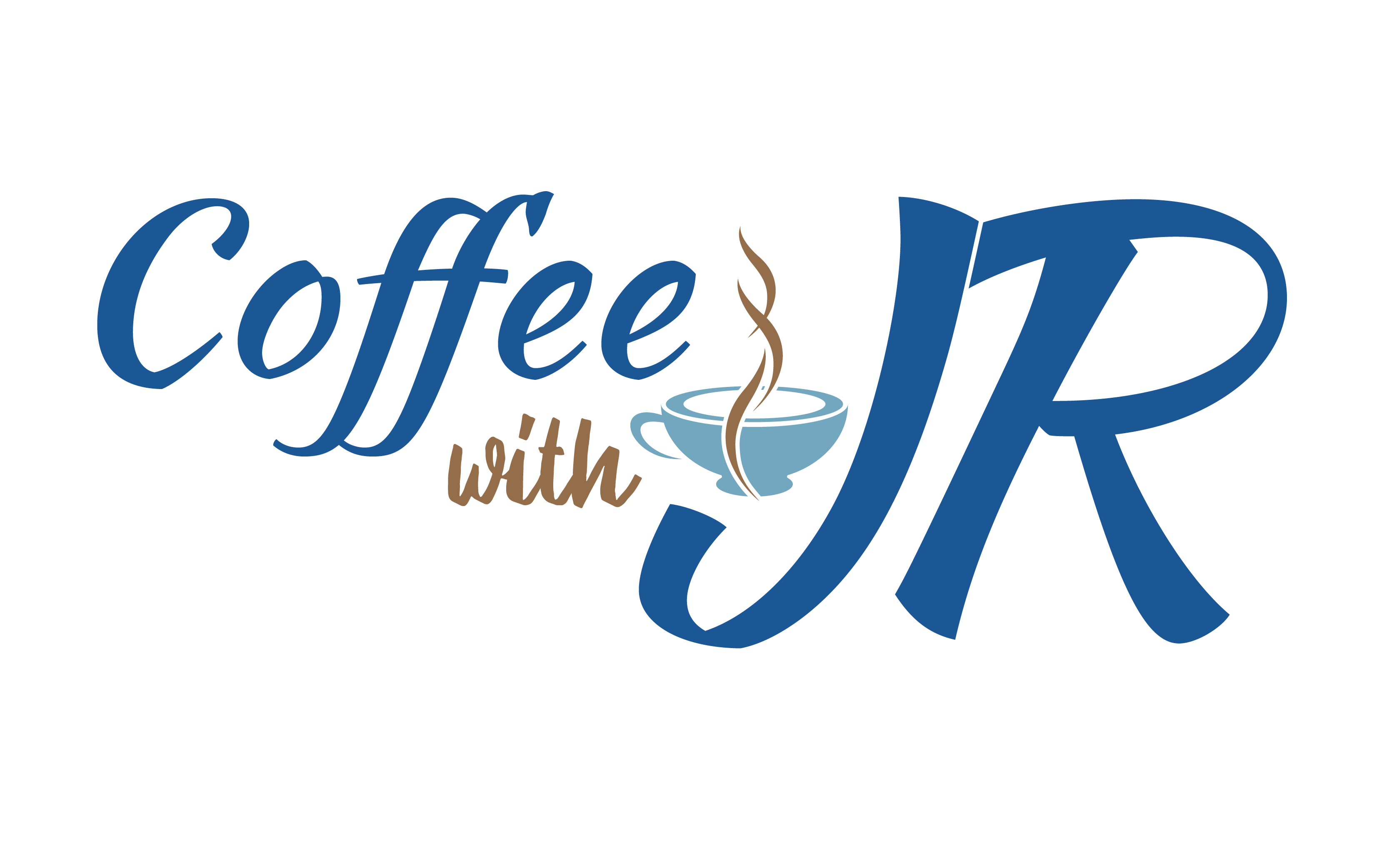
OUR STORIES
As part of the new documentary film project that NamQuyen (Q) Le and I are working on, Rachel, our Director of Photography, and I flew to Louisville, Kentucky in early April to do some scouting and preliminary filming and interviewing.
(Detail info of the new doc film is coming soon).
The person we interviewed and our host was Coco, the owner of Heart and Soy, Roots Restaurant in Louisville, KY. Heart and Soy is a Vietnamese vegetarian restaurant that focuses on “mindful and compassionate cooking.”
Coco is a fascinating and wonderful person. She is one of the “Boat People” that escaped Vietnam at the age of 27 when Saigon fell in 1975. After nine months of a long and strenuous journey on various boats/ships and different refugee camps in Thailand and Taiwan, Coco made it to Louisville with her family.

(Coco’s amazing and inspirational stories will be available in our upcoming documentary film.)
While sitting there interviewing and documenting Coco’s story in her restaurant, I couldn’t help but wonder about the many traumatic experiences that Asians/Asian Americans have endured coming to the U.S. in order to have a better life and provide a more promising lifestyle for their children. This includes me.
Two-thirds of Asians/Asian Americans in the U.S. are either immigrants themselves or have someone close to them that is an immigrant. The other third are descended from immigrants. This shows that, whether we like it or not and whether we want to admit it or not, our identities as Asians/Asian Americans are intrinsically bonded to immigration.
For some, the journey and migration from Asia to the U.S. was a jumper flight experience, and for many others, it was filled with fear, distress, agony, and uncertainty.
Even though immigration is such a huge part of our identities, based on my observation, immigration is one of the least talked about topics within our communities.
Growing up in an Asian community (predominately Taiwanese and Vietnamese in California) and having the experience of working with Khmer, Filipino, Indian, and South Korean communities, I notice that the majority of these people would rather glaze over their immigration stories, especially the ones that had to escape their home country due to war or unpleasant circumstances. It’s similar to the way veterans don’t talk about their deployment experiences. My good friend is from a military family. His dad fought in Vietnam and his granddad fought in Korea; my friend barely knows any of their war stories.
Reflecting inwardly, I admit I was like this too. I hated sharing about my immigration. The times that I spoke about it, I literally would get headaches and chest pain. It took me over nine years of therapy and lots of inner healing to feel comfortable enough to talk about my immigration journey. So, Coco was exceptional in so openly and willingly sharing her refugee stories. I was extremely impressed and grateful.
Many immigrants and refugees hesitate to share their immigration status and past because of xenophobia and mental health stigma. A lot of us feel ashamed about our immigrant status and past because we are often treated as sub-human and are discriminated against. On top of that, the paperwork and application processes are stressful, headachy, and dehumanizing. From this shame, we don’t want to bring attention to the “deficiency” of our life.
What is often not talked about is the actual migration from Asia to the U.S. Moving across the Pacific Ocean is more complicated and arduous than an American moving from Dubuque, Iowa to Denver or Los Angeles. Many of us have to uproot ourselves and say goodbye to loved ones, friends, the familiarity with the infrastructure, and the already established social network, to a new place where the water tastes different and we have a limited social network and support. On top of that, there are language barriers and dietary differences that directly impact our survival instinct. All of this cultural shock can create tremendous distress, heartaches, and anxiety, and results in trauma. Often times the effect of these traumas can have a long-lasting negative mental and emotional impact on an immigrant’s life.
Using myself as an example, part of my migration story is saying goodbye to my mother at age nine, and I didn’t get to see her again until a year later. Even as a forty-year-old adult, I can still hear the inner child within longing for my mother’s love and I can feel this void. It has taken me over nine years of therapy to recognize this and to continue to recover from this traumatic experience.
Due to mental health stigma, I notice that many of us never get a chance to process the journey itself. Much of this is due the mental health barriers that immigrants face. Many immigrants and refugees have to start from scratch after moving to the U.S. We have to focus on survival and many of us work long hours. Thus, we just don’t have the luxury, the energy, time, and money to talk and process our mental health. The idea of seeing a therapist can be as far-fetched as going to the moon.
I am not advocating for forcing immigrants to talk about their traumas and stories. What I am advocating is the idea that it’s time for us to heal, take care of ourselves, and take care of each other, to allow ourselves to heal as individuals and as a community. Instead of feeling ashamed of our immigrant past and experience, we should be proud of the adversity that we have overcome. Our immigration stories, no matter how trivial or tragic, can inspire many other Asian Americans or non-Asians. Our stories deserve to be documented and preserved for the future generation because our stories can continue to help us define and redefine what it is like to be an Asian/Asian American in this ever-changing world.
Coco’s stories have given me inspiration and hope about mental health within the Asian American community. Her stories validate the path that I am on by advocating mental health awareness within an Asian American community, even though it’s an uphill battle and lonely path. Her presence and support give me the strength and encouragement to continue to make this documentary film, to capture and preserve Coco’s and many other Asian American immigrants’ stories.
Here are some of the amazing vegetarian Vietnamese dishes we had ![]()



Recent Comments